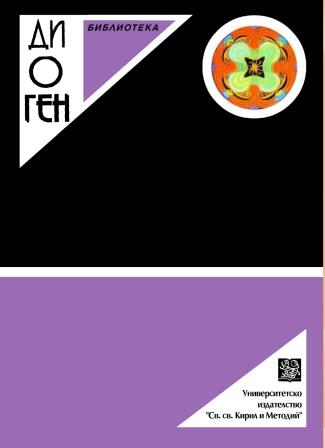‘Ubuntu’ Elements in Political and Socio-Economic Organization: a Philosophical Reflection
‘Ubuntu’ Elements in Political and Socio-Economic Organization: a Philosophical Reflection
Author(s): Philip Ogo UjomuSubject(s): Philosophy, Social Sciences, Economy, Social Philosophy, Special Branches of Philosophy, Sociology, Philosophy of Science, Social differentiation, Social Informatics, Social Norms / Social Control, Socio-Economic Research
Published by: Великотърновски университет „Св. св. Кирил и Методий”
Keywords: Ubuntu; Ethics; Economy; Politics Communalism; Community; Human Person; Moral Values.
Summary/Abstract: This paper tries to develop a tenable philosophical idea of Ubuntu as an endogenous construct for African socioeconomic and political development. The search for an African endogenous paradigm for sociopolitical and economic development is urgent given the real consequences of some dominant paradigms of alienation, exploitation, and marginalization. These values have altered or affected African behaviour and thinking. This transformation of the human person has raised issues about agency and the values underlying same. So, a development paradigm or philosophy of development for Africa or even the world at large requires an ethical basis for human existence in economic, political, and social order. Generally, social order in most parts of Africa is beset by the problem of a negative dominant social paradigm (DSP) or core social values of hatred, intolerance, the abuse of human rights, dehumanization, exploitation, authoritarianism, poverty, and oppression. This often leads to tension, violent conflicts, and wars. So, to build a viable and stable endogenous paradigm for development in most African sociopolitical environments we attempt to use the main pillar of interconnectedness among human beings which is central to Ubuntu as a social system and value system to underscore some key moral and democratic values required for human liberation and transformation. The research question is: What concrete elements or values of Ubuntu can be useful as paradigms of an endogenous African development? Specifically, our findings suggest that Ubuntu ethics is defined by a set of human values or qualitative correlates central among which are reciprocity, common good, peaceful relations, emphasis on human dignity and the value of human life as well as consensus, tolerance and mutual respect.
Journal: Диоген
- Issue Year: 32/2024
- Issue No: 2
- Page Range: 164-193
- Page Count: 30
- Language: English

